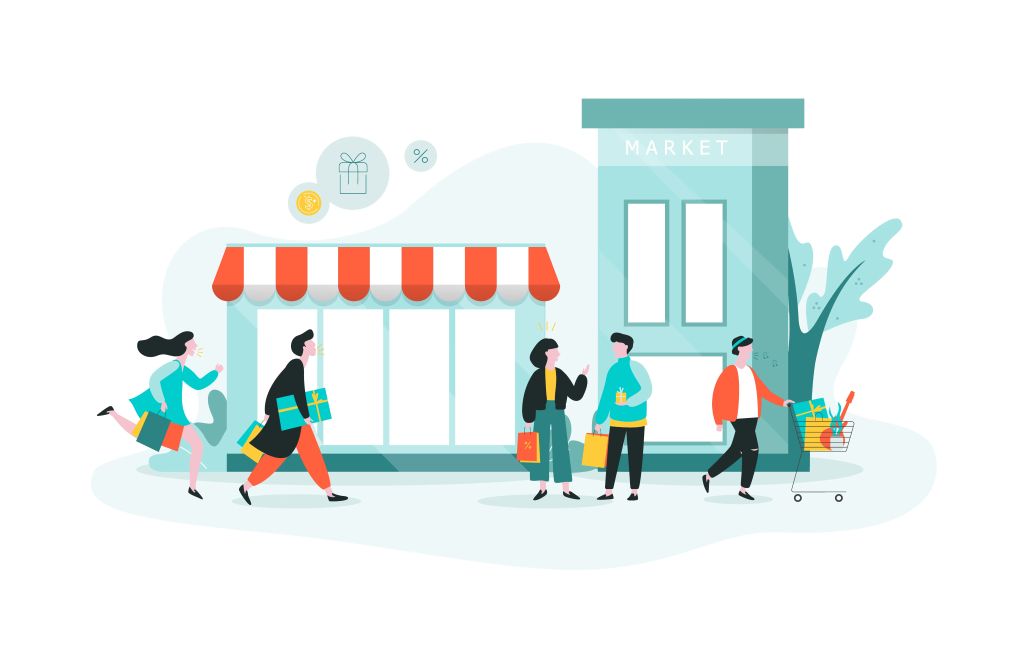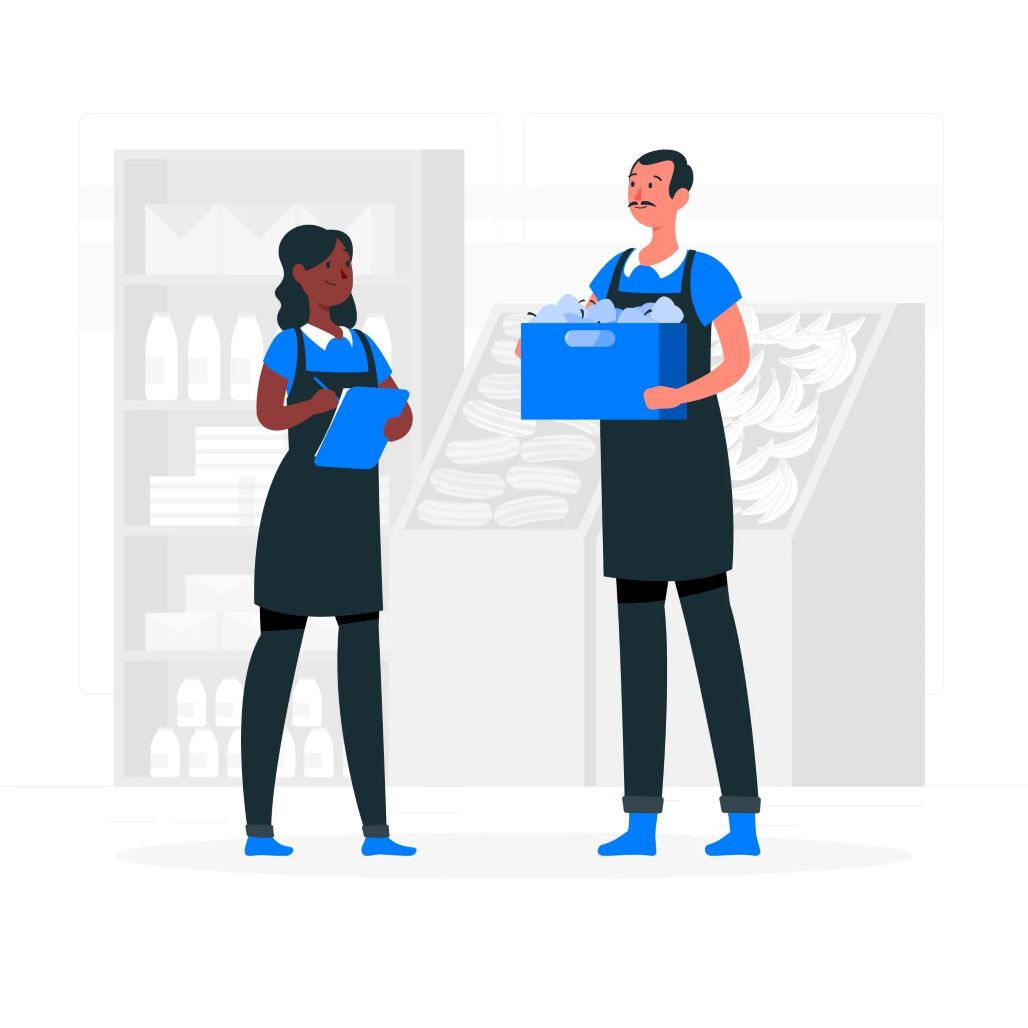
In the fast-paced world of retail, the success of a store heavily depends on the skills and capabilities of its store managers. Retail store manager training is no longer a luxury but a necessity for ensuring operational efficiency, employee satisfaction, and customer loyalty. Learning Management Systems (LMS) have emerged as powerful tools to equip retail managers with the right skills and knowledge, streamlining both training and performance management.
Many platforms like Calibr Learn, offer AI-powered personalized learning solutions that help retail store managers and assistants enhance their competencies efficiently. Through tailored courses and adaptive learning paths, managers can develop critical skills required for retail jobs while aligning with organizational goals.
Ready to empower your retail managers with Calibr?
Explore Calibr now and equip your team with AI-driven personalized learning that boosts skills, confidence, and performance.
Sign up for a 14-day free trial or Contact us today to get started
Who is a Retail Store Manager?
A retail store manager is the person responsible for overseeing the day-to-day operations of a retail store, ensuring that both employees and customers have a smooth, efficient experience. The retail store manager description typically includes managing staff, maintaining inventory, driving sales, ensuring compliance with company policies, and delivering excellent customer service.
They act as the link between the store team and upper management, making key decisions that affect store performance. From coaching retail store assistant managers to handling customer complaints, a manager’s role requires a mix of leadership, organizational, and retail skills. Effective managers are not just operational supervisors—they are mentors, strategists, and problem-solvers, responsible for creating a productive, customer-focused environment.

7 Ways LMS Empowers Retail Store Managers
Streamlined Onboarding for New Retail Managers
Effective retail store manager training begins with a strong onboarding process. When new managers join, they often face a steep learning curve—grasping store operations, understanding compliance protocols, and learning the nuances of customer service. LMS platforms like Calibr Learn simplify this process by providing structured learning paths tailored specifically for retail roles. These paths combine role-specific modules with practical scenarios, ensuring managers not only learn procedures but also understand how to apply them in real-world situations.
Structured onboarding reduces early turnover by making new hires feel confident, capable, and integrated into the store’s culture from day one. It also allows retail chains to maintain consistent standards across all stores, as managers follow the same training curriculum regardless of location. By embedding critical retail skills early in a manager’s career, businesses can create a strong foundation for long-term performance and leadership.
Thus, by leveraging LMS for retail training, new managers can quickly understand store operations and apply knowledge effectively.
Enhanced Leadership and Retail Skills
A retail store manager wears many hats—from managing teams to resolving conflicts, from handling inventory to ensuring a positive customer experience. To excel in these areas, managers need a mix of retail manager skills and soft skills that allow them to lead effectively. LMS solutions for retail training enable managers to develop these competencies through interactive modules, scenario-based learning, and collaborative exercises. Interactive modules within LMS for retail training allow managers to practice real-world scenarios safely and confidently. These modules are essential components of retail store manager training, ensuring managers build operational and leadership skills simultaneously.
Platforms like Calibr Craft empower organizations to design customized content tailored to each role blending leadership development with essential operational knowledge. This approach strengthens critical retail manager skills, from leadership to operational efficiency, preparing managers for higher responsibilities. For example, a module on conflict resolution might include simulations that challenge managers to handle difficult employee interactions, while a module on sales techniques can provide real-time feedback to sharpen customer engagement. With this approach, managers build skills for retail jobs that are practical, measurable, and immediately applicable on the store floor.
By leveraging LMS training, retail managers can continuously refine their abilities, bridging gaps in experience while preparing for higher responsibilities, all within a structured learning environment.
Consistent Training Across Locations
For retail chains, one of the biggest challenges is maintaining uniformity across multiple stores. Training that varies store to store can lead to inconsistent customer experiences, operational errors, and management confusion. LMS platforms like Calibr Content Hub centralize learning resources, ensuring that every retail store assistant manager receives the same high-quality training.
Centralized training ensures all managers understand the company’s operational procedures, customer service standards, and compliance requirements uniformly. Whether a new assistant manager joins in Mumbai or Bangalore, the LMS guarantees they follow the same learning path. This consistency not only improves operational efficiency but also strengthens brand loyalty, as customers experience the same service standards across locations.
Additionally, Calibr's retail employee training can be updated instantly across the LMS, allowing organizations to introduce new policies, product knowledge, or seasonal campaigns without worrying about training discrepancies. It ensures all employees, regardless of location, are aligned with the company’s strategic objectives.
Real-Time Analytics for Performance Tracking
Simply providing training is not enough; tracking and measuring its effectiveness is equally crucial. LMS platforms like Calibr Learn offer real-time analytics that allow managers and HR teams to monitor engagement, skill development, and overall performance. By capturing data on course completion rates, assessment scores, and time spent on modules, organizations gain actionable insights into each manager’s progress.
These analytics help identify strengths, skill gaps, and areas that require additional support. For example, if a retail store manager struggles with inventory management modules, targeted microlearning or refresher courses can be assigned. This data-driven approach ensures skills for retail positions are consistently developed and improved.
Furthermore, real-time tracking supports ROI measurement for training programs, demonstrating how investment in retail LMS initiatives translates into tangible improvements in store performance, team efficiency, and customer satisfaction.By adopting a retail LMS, companies can ensure consistent skill development across locations. Managers not only benefit from clear learning objectives but also feel motivated as they can visualize their own progress and achievements within the system.
Flexible Learning Anytime, Anywhere
Store leaders often juggle long and irregular hours, making it challenging to attend traditional training sessions. LMS platforms like Calibr Learn solve this problem by offering mobile-optimized and offline learning options. With a retail LMS, managers can access training anytime, ensuring continuous skill improvement without disrupting store operations. Managers can access training anytime, anywhere—whether during breaks on the shop floor, between shifts, or even from home.
This flexibility allows retail store managers and retail store assistant managers to engage with microlearning modules, review critical retail skills, and complete assessments at their own pace. Managers can revisit content to reinforce understanding of complex topics such as inventory control, customer engagement, or sales strategies. By integrating learning into the flow of work, LMS platforms ensure continuous development without disrupting store operations.
Flexible learning also empowers managers to personalize their schedules, enabling them to balance operational responsibilities with professional growth. This approach supports long-term skill retention and allows retail teams to stay aligned with evolving business needs and industry standards.
Engaging and Gamified Learning Experiences
Learning is far more effective when it is engaging, interactive, and enjoyable. LMS platforms incorporate gamification elements like points, badges, leaderboards, and interactive challenges, motivating store managers to actively participate in training. Platforms like Calibr Learn make learning fun while ensuring that key competencies and skills for retail jobs are mastered.
Gamified learning encourages healthy competition among managers, driving them to complete modules, improve scores, and apply what they learn on the floor. For example, a leaderboard might track performance on customer service simulations, inventory quizzes, or sales scenario exercises. Managers who consistently engage with gamified content develop stronger retail skills while feel rewarded for their efforts.
Additionally, gamification promotes collaboration. Managers can work in teams, discuss strategies, and solve challenges together, which enhances both interpersonal and operational skills. This method ensures that retail employee training is not only effective but also memorable, helping managers retain knowledge and apply it confidently in day-to-day operations.
Personalized Learning Paths for Career Growth
Every retail store manager has unique strengths, responsibilities, and growth potential. LMS platforms provide personalized learning paths that cater to individual needs, helping managers progress from foundational skills to advanced leadership roles. With Calibr Learn, personalized learning paths can focus on role-specific skills for retail positions, such as advanced merchandising, staff development, or strategic sales planning.
These tailored paths allow managers to concentrate on the competencies most relevant to their current role while preparing for future opportunities. For instance, an assistant manager aiming for a full managerial position can follow a structured path that enhances leadership, operational expertise, and customer engagement skills.
By providing targeted learning experiences, LMS platforms ensure that managers continually develop the skills required for retail jobs. Personalized learning fosters motivation, accountability, and a sense of ownership in professional growth, ultimately building a more skilled and confident retail management team.
For more information on the foundational skills managers develop earlier in their career, read our full blog on From Retail Sales Associate to Store Manager: 7 Essential Skills You Can Learn with LMS Training.
Supporting Data and Facts
Training Industry: Companies using LMS platforms can improve employee productivity by up to 50%.
Retail Dive: Retail employee turnover costs businesses over $60 billion annually in the U.S.
Association for Talent Development (ATD): Organizations with structured learning programs experience a 218% higher income per employee than those without.
McKinsey: Targeted leadership training significantly improves managerial effectiveness.
Deloitte: Continuous learning and upskilling are key factors in employee retention and satisfaction.
Bringing it all together
Investing in retail store manager training through an LMS not only equips managers with essential retail skills but also improves store performance, employee engagement, and customer satisfaction. With retail store manager training delivered via a modern LMS, organizations can achieve uniform standards and faster onboarding across all stores.
Platforms like Calibr provide personalized, mobile-optimized, and gamified learning experiences that help managers thrive in dynamic retail environments. By leveraging modern LMS solutions, retail organizations can ensure that their managers are prepared, confident, and capable of driving business success.
Start transforming your retail management today with Calibr
Sign up for a 14-day free trial or Contact us and Schedule a demo to get started


